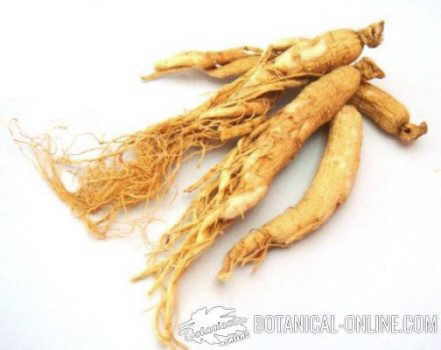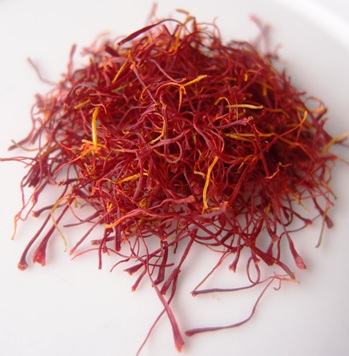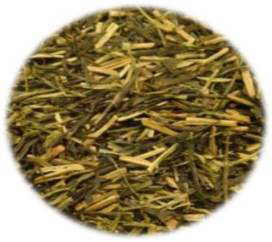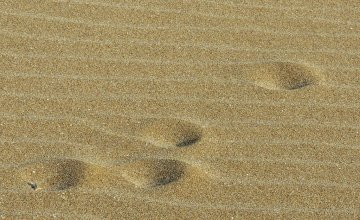Contents
Benefits and functions of arginine, nonessential amino acid
What is arginine?
Arginine is a nonessential amino acid to humans because it is synthesized from L-glutamine. Its greatest concentration resides in the skin.
Its abbreviated name is Arg.
Contraindications of arginine
Arginine is contraindicated in people with blood sugar level control, such as diabetes, who are also taking either drugs or natural substances that increase the risk, as this amino acid can also increase these levels, unbalancing its ideal state.
It is not recommended high intake of this amino acid in people who often suffer from herpes (herpes simplex, labial herpes or herpes zoster) since this amino acid stimulates the virus that causes such symptoms increasing the chances to appear more frequently than usual. The amino acid having the opposite effect with respect to arginine herpes is lysine.
 Aloe gel, rich in arginine, is used for skin care.
Aloe gel, rich in arginine, is used for skin care.
Properties of arginine
- Arginine is an amino acid that preserves the immunity of our body by stimulating the thymus in the production of lymphocytes, which act as the body’s defenses against pathogens.
- Arginine also facilitates the removal of certain toxic substances promoting liver functions and maintains the balance between CO2 and nitrogen. Requirements are necessary in case of fatty liver, hepatitis, cirrhosis or liver failure.
- In addition, it has various actions such as improving blood circulation, preventing arteriosclerosis, and help combat symptoms of impotence and infertility when they are caused by poor circulation. It is necessary in cases thrombosis, hemorrhoids, etc. as a vasodilator and to thin the blood.
- Arginine checks glucose stimulating insulin production.
- It is involved in the production of hormones such as growth, thus preventing dwarfism and malformations.
- Arginine controls controls contraction and decontraction of muscles, preventing muscle cramps, and is involved in the metabolism of muscle tissue. Its deficiency can cause muscle weakness.
- It helps tissue healing through the production of collagen connective tissue. In this sense it is useful for wounds, cuts, scars and other skin abnormalities.
- Arginine minimizes the production of fatty tissue, reducing cholesterol absorption and can be used as prevention against coronary diseases.
One of the main functions of this amino acid, together with citrulline and ornithine, is to allow the production of urea for its important role in what is called the urea cycle (metabolic pathway that allows the removal of NH4 + excess of amino acid catabolism so as to be eliminated as urea).
Foods containing arginine
Animal foods are those that contain more arginine, for example, veal liver
Within plant foods, we include, for example, buckwheat or watercress
* More information: Foods rich in arginine
Arginine supplements
Although you can take supplements of arginine, it is recommended to meet the needs of this amino acid through a balanced diet. If supplementation is necessary, consult with the specialist before taking it.
* Related information:
– How to combine vegetable proteins
List of amino acids in food | |
Essential amino acids | Nonessential amino acids |
Phenylalanine, Isoleucine, Leucine, Lysine, Methionine, Threonine, Tryptophan, Valine | Aspartic acid, Glutaminic acid, Alanine, Arginine, Cysteine, Cystine, Glycine, Hydroxyproline, Proline, Serine, Tyrosine |
![]() More information on amino acids.
More information on amino acids.








